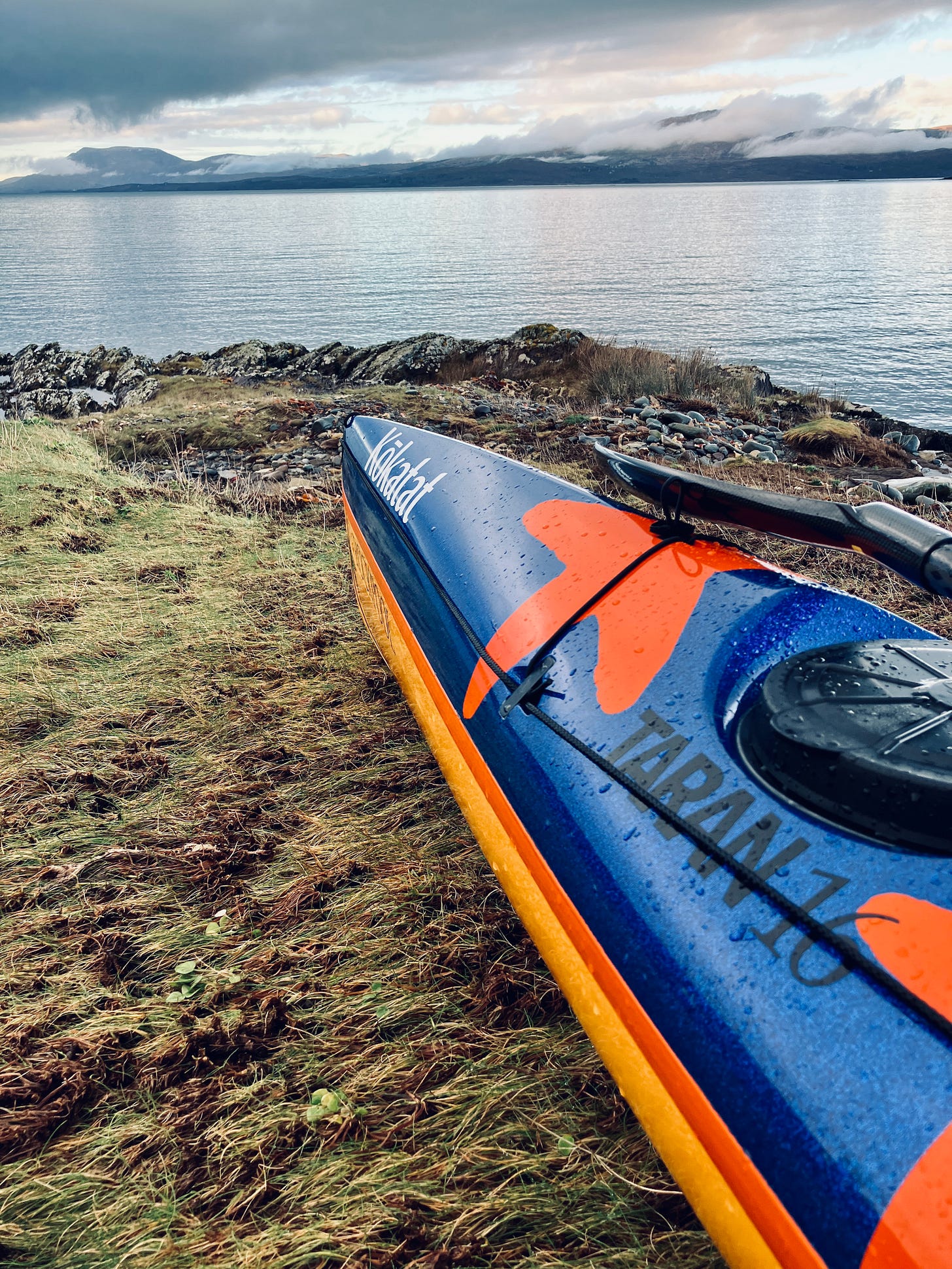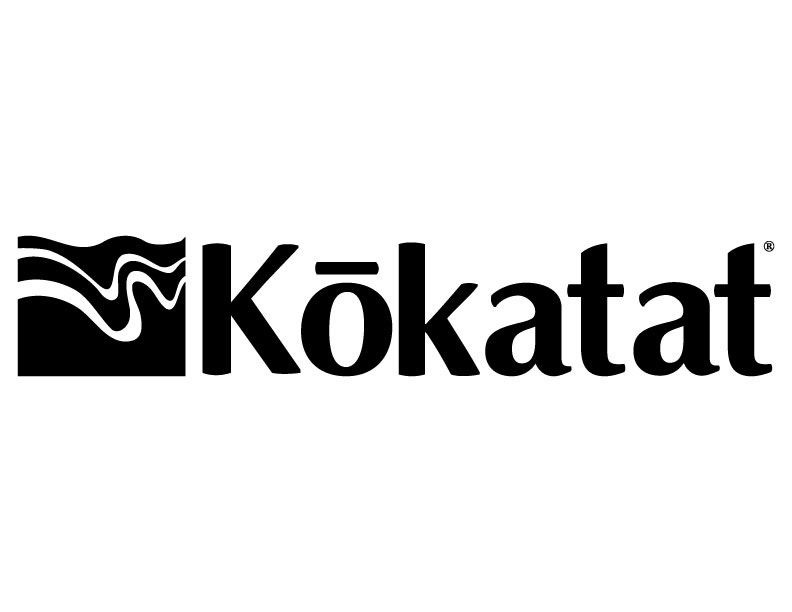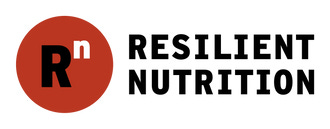“You can’t coach desire, and no matter how fancy your training plan or how high your stated goals are, it comes down to getting out the door and doing the work day after day.”
― Steve House, Training for the New Alpinism: A Manual for the Climber as Athlete
With six months to go until I take the first stroke on my way around Ireland, It’s time to get real.
I’ve been building my aerobic base and working on general fitness since the summer. Now, it’s time to put endurance in context and start training exactly like I’ll be paddling on the big trip.
Between now and April, not only will I be increasing my training volume——more hours, more miles——but I’ll be adding all the elements of a day on the trip: navigation, charting exits and alternative landings, eating in the boat, and maintaining good posture and form for hours on end. I’m calling this phase the “workup” to borrow a military term.
Just make it to lunch…
The main training goal, at this point, is to adapt to the demands of a full day on the water. A day on the trip will consist of 20-30 nautical miles, or around 50K. (For folks in Massachusetts, that’s Chatham to Nantucket. Every day). Usually, I’ll try to break that distance up into two half-days with a big break in between. But I need to be able to spend the whole day in the boat if necessary, as some open crossings and sea cliff sections offer no safe landings along the way.
My on-the-water training for this phase will be two 3-hour sessions/ week with a steady increase in weekly volume. As daylight hours get longer, I’ll start working full days and back-to-back days into my training. When winter storms keep me off the water, I’ll put in the same amount of time on the indoor bike or go for a trail run.
This phase will culminate in a 5-day shakedown trip in April to give all my gear and procedures a final test under more challenging conditions than the actual trip in June.
Shakedown everything
Now’s the time to test every piece of gear. By using my GPS, charts, satellite messaging, and VHF radio during my training paddles, I’m making their function second nature and training my muscle memory so that I won’t be fumbling in an emergency.
It’s also a good time to inventory my kit and determine what I need, what’s nice to have but non-essential, and what can stay on shore.
“Max strength”
For weight training, I’m working from an adapted version of the “Max Strength” protocol from Training for the New Alpinism. This dead-simple program is designed to help mountaineers improve their durability and muscular endurance. It calls for two heavy lifting sessions per week. This is mainly to get ahead of the breakdown and fatigue I’ll be experiencing on the trip. The back, posterior chain, and core are getting a lot of attention.
At this stage, strength training needs to take a back seat to paddling while remaining challenging enough to promote growth. On an all-day paddle, you don’t want to be nursing soreness from a deadlifting PR or, worse, developing tendonitis from high-rep interval training. But you also don’t want to show up for a big trip with the body of a sinewy ultra-endurance athlete.
Time to reflect
My mindset needs a shakedown too. Over the next few months, I’ll be logging my sessions and journaling to highlight areas for improvement. As with gear, thoughts that don’t make me faster, safer, or more resilient need to be left on shore.
Silence, patience, and stillness can all be trained. It’s time to make friends with boredom.
With six months to go, it’s easy to get caught up in how much work is left to do. It’s good to feel the pressure of a looming deadline, but only if that pressure drives action. Obsession and worry lead to the kind of procrastination and excuse-making that can delay a trip indefinitely. As Training for the New Alpinism reminds climbers, “There is no perfect. Good enough is good enough.” The workup is about progress, not perfection. In June, I don’t need to be perfectly ready, just ready enough.
Thank you, Paddle & Pitch.
Roger Waugh’s Paddle & Pitch will be helping me out with an upgraded MSR tent and cooking gas. This is my go-to online shop for outdoor gear and sea kayaking essentials. I also bought my sleeping bag and pad from Roger——both made in Ireland by Thermarest.
Thanks for reading,
-Charlie
Thank you to Mike Jones for coaching and guidance.
Kokatat is the official gear sponsor of The Lap.
The lap will be fueled by Resilient Nutrition’s Long Range Fuel and bars.
Expedition coffee by 3fe.
CH Marine will be providing a VHF radio and other safety equipment.
Tent and cooking gas provided by Paddle & Pitch. Trolley by KCS.










Make friends with boredom. There are always new ways to see and experience things. Love it.